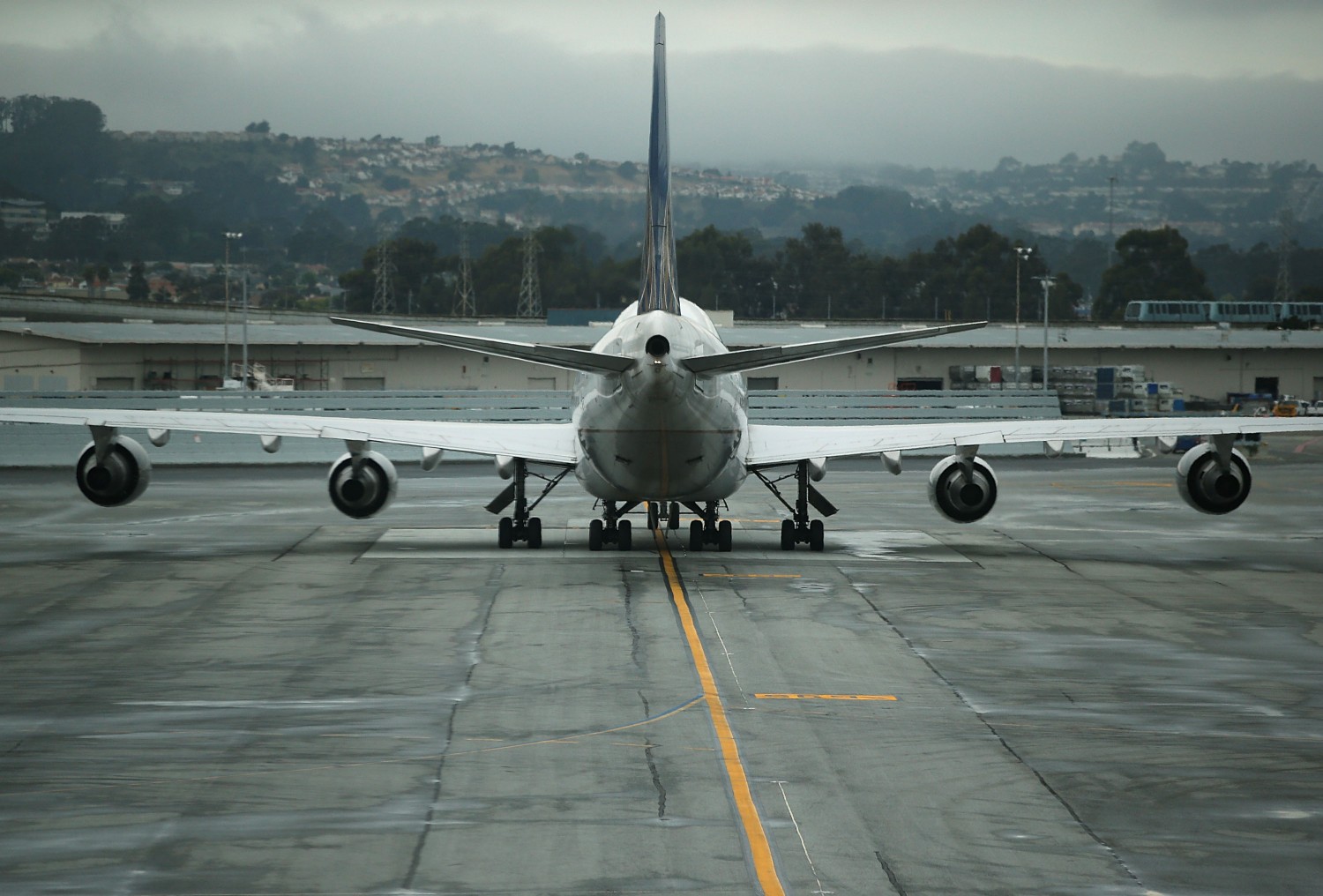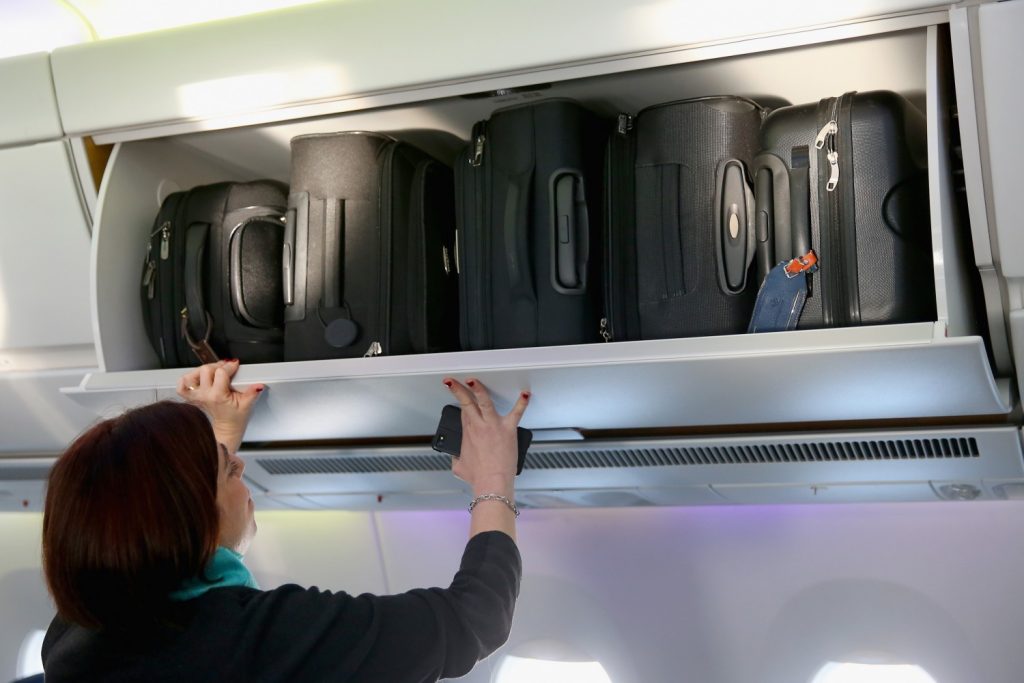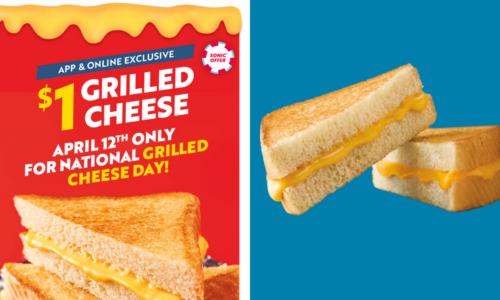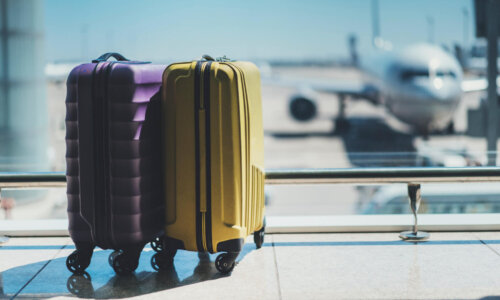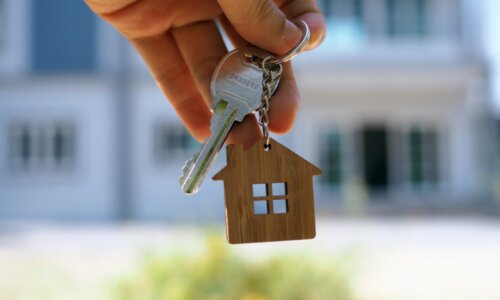I flew on United’s “Basic Economy” fare today for the first time. Overall, it wasn’t the worst experience, but it certainly wasn’t the best. While I was in row 15, I couldn’t pick my seat (so guess who got stuck in the middle?). And I was the last to board and couldn’t sit near my travel companion. But the kicker? I also wasn’t allowed to put a bag in the overhead bins, so I had to pay $25 to check a weekender. So even though I may have saved a few bucks on my airfare, it turns out I actually ended up paying more by flying in basic economy.
So what’s the deal with these new, allegedly cheaper fares? Well, airlines such as United, Delta and American have jumped on the model favored by low-cost airlines like Spirit and Frontier, adding these no-frills basic economy fares to their offering, while also jacking up the prices for the regular economy class… and they’ve gotten away with it. Why? Simple marketing: If a consumer knows there’s a cheaper option, they’re more likely to pay a premium for the next level up.
And it turns out the basic economy fares are working. According to The Economist, 30 to 40 percent of passengers who would normally pick economy class have made the switch to the lower-priced basic economy fares since they’ve been introduced.
Right now, basic economy fares (and the additional bag charges that come with them) plus the increase in “premium economy” sales (where customers have access to more legroom and more amenities) have resulted in at least $1 billion in revenue for the “Big Three” (United, Delta, and American) airlines.
“We are really quite excited about basic economy,” United President Scott Kirby said in an interview with Bloomberg, talking about the airline’s forecast of a staggering $1 billion in new revenue from its new tactics. “I’m not going to change the forecast. In fact, we feel really confident that we’re going to make $1 billion in segmentation.”
And when basic economy fares are only $15-$20 less expensive than the economy fares, you’re not even saving money when you have to check a bag (like I did!)—you’re actually spending $5 more. This would all be fine if you could shove everything you needed into a backpack, but a nine-day trip necessitates an actual suitcase.
The moral of the story: The airlines are always trying to give you less while charging you more, so be sure to compare prices carefully before you book. Just because you save $20 at booking doesn’t mean the flight will be cheaper overall.
